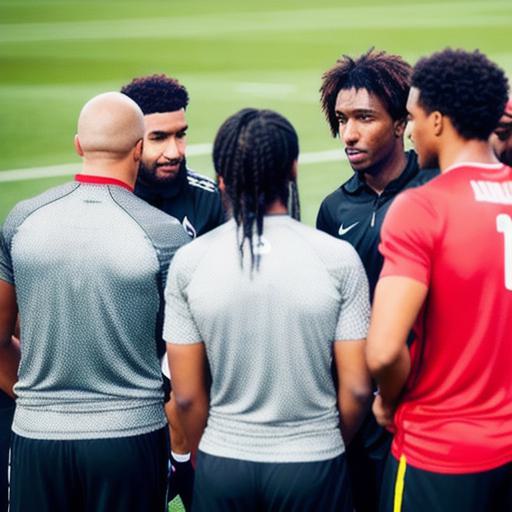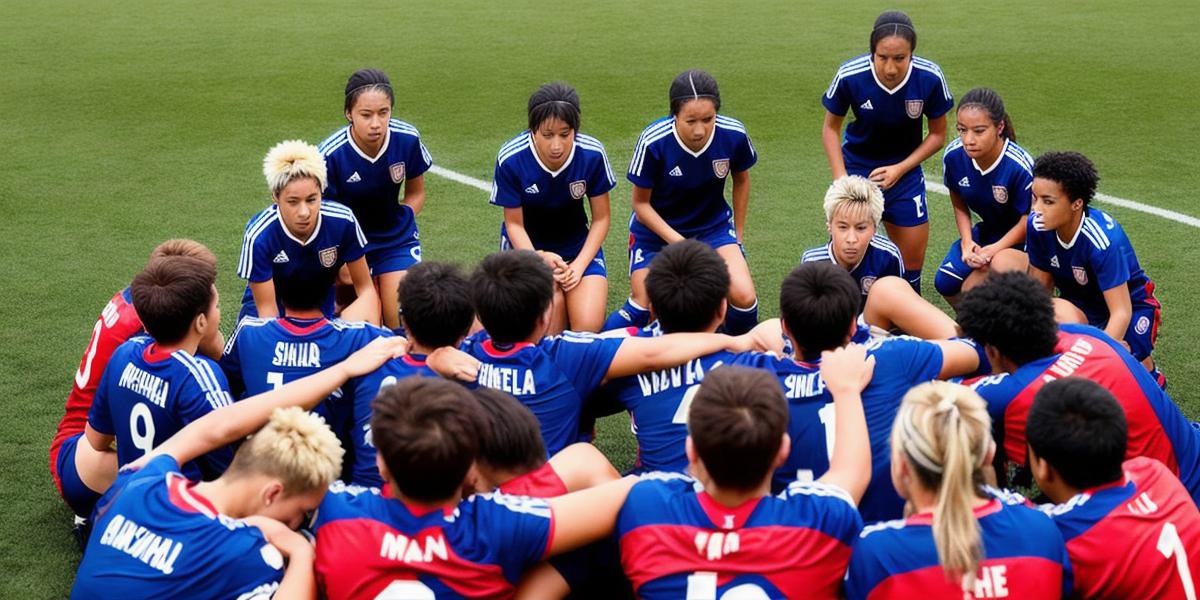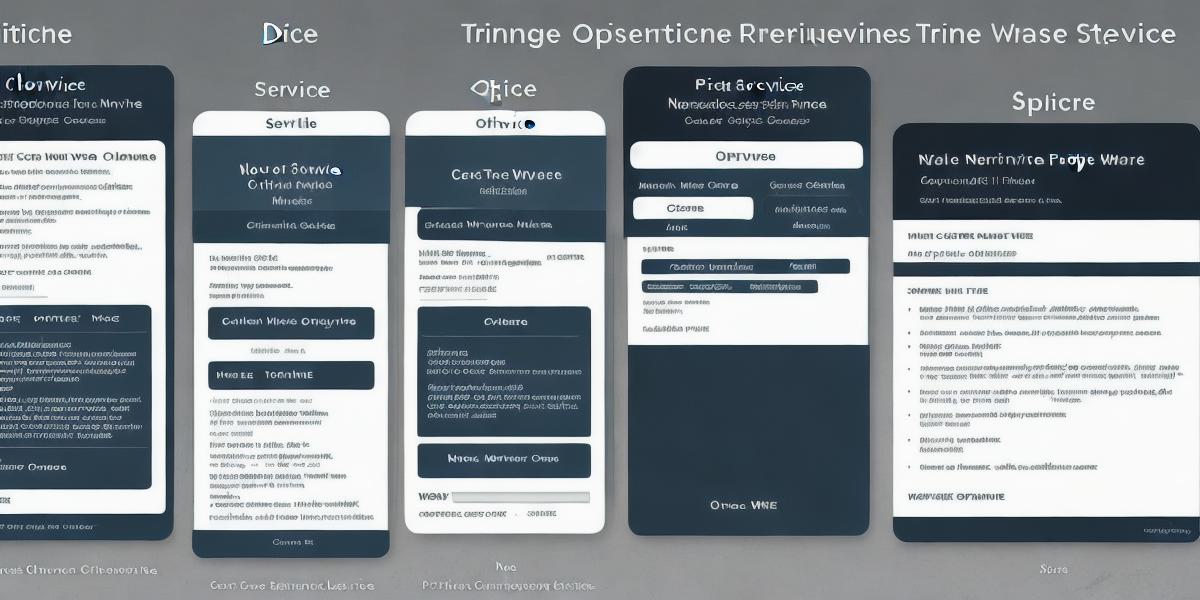Introduction
Coaching is a critical aspect of sports and other team activities. Coaches are responsible for guiding, motivating, and developing their players to achieve success on and off the field. However, despite their best efforts, coaches often play favorites, which can have a negative impact on team dynamics. In this article, we will explore why coaching favoritism happens and how it affects team dynamics.
The Psychology of Coaching Favoritism
Coaching favoritism is not a conscious decision made by coaches. Instead, it is often the result of unconscious biases and past experiences that shape their perception of players. Coaches may favor certain players due to their personal connections with them, such as shared backgrounds or similarities in personality traits. Additionally, coaches may favor players who have consistently performed well, as they see them as a valuable asset to the team.
Case Study: The Impact of Coaching Favoritism on Team Dynamics
A study conducted by the University of Washington found that coaching favoritism can lead to decreased team performance and increased conflict among players. In the study, coaches were asked to rate their players’ performances, and those who received higher ratings were given more playing time and opportunities for development. The study found that this favoritism led to resentment among other players, who felt unfairly overlooked or underutilized. As a result, team dynamics suffered, leading to decreased productivity and morale.
The Importance of Fairness in Coaching
Fairness is essential in coaching, as it creates an environment where all players feel valued and respected. When coaches play favorites, they create a power imbalance that can be detrimental to team dynamics. Players who are not favored may become disengaged or disillusioned with the team, leading to a decline in performance and morale. On the other hand, players who are favored may become complacent and overconfident, leading to poor decision-making and decreased performance.

How to Avoid Coaching Favoritism
To avoid coaching favoritism, coaches should strive for objectivity and fairness in their decision-making processes. They can achieve this by setting clear criteria for player evaluations, such as performance metrics or specific skills, and consistently applying those criteria across all players. Additionally, coaches should regularly communicate with their players to ensure that they feel valued and respected, regardless of their performance.
Summary
Coaching favoritism is a common problem in team sports, but it can have a significant impact on team dynamics. By understanding the psychology behind coaching favoritism and taking steps to avoid it, coaches can create an environment where all players feel valued and respected, leading to increased productivity and success on and off the field. As a coach or player, it is essential to recognize the importance of fairness and strive for objective decision-making in all aspects of team sports.



